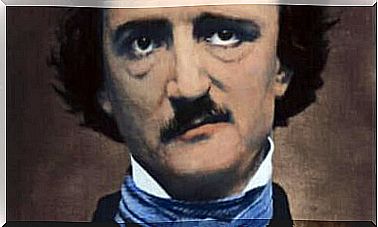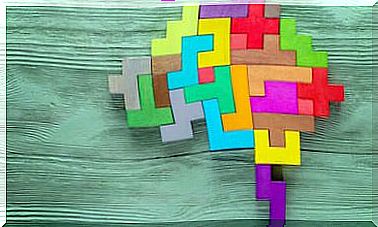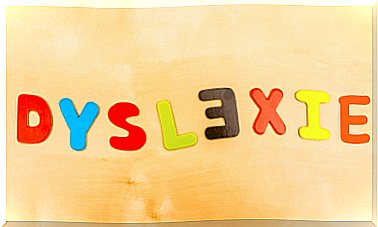Cognitive Therapy For Depression Based On Mindfulness

Depression represents darkness of the soul, demotivation, hopelessness and sadness. Many adjectives have been used to define it. And one thing is certain: its effects are devastating.
Clinical depression or “major depression” is a condition that causes the patient to suffer from a persistent depressive state or loss of interest. In addition to these symptoms, one may also see difficulty in getting to sleep, loss of appetite, reduced concentration, etc.
The statistics regarding the number of people who suffer from depression are worrying. It is one of the most prevalent mental disorders. 17% of the population claim to have suffered from depression in the past six months. The World Health Organization (WHO) reveals that by 2020, depression will be the second most common disease in the world. Its treatment constitutes the main challenge in the field of mental health.
Treatment of depression
In the late 1980s, several ways to beat depression arose. Antidepressants have started to become the first line of treatment for clinical depression. Psychological treatments have also been successful. Behavior therapy claimed that depressed people needed to participate more in enjoyable and useful activities.

The goal of cognitive therapy was to change the way thoughts contribute to the onset and maintenance of depressive symptoms. Ultimately, interpersonal therapy claimed that learning to resolve interpersonal arguments and change roles would relieve depression.
With all of these treatments available, one would have thought that the problem of depression would resolve itself. However, things did not turn out that way.
The problem of relapses
Unfortunately, while therapies for depression have been proven to work, research has revealed another problem. It concerns the return of depressive episodes in people who have already suffered from it. As a result, some consider depression to be a chronic, lifelong illness. The risk of relapses is over 80%. Patients will experience an average of four major depressive episodes of approximately 20 weeks.
Relapse and recurrence after treatment are very common and frustrating results. So here is the real problem. To cope with relapses, the use of cognitive therapy has been recommended. Thanks to her, the new episodes were less and less frequent, although they continued to persist. A new element to solve this problem has therefore been designed.
Mindfulness-based cognitive therapy for depression
Consideration has been given to including mindfulness as a possible component of psychological treatment for depression. But what does the expression “full conscience” mean?
Mindfulness involves paying attention to things but in a special way: with an ending, in the present moment and without judging (Jon Kabat-Zinn). It can be liberating to perceive our thoughts as mere thoughts.
Simply recognizing our thoughts as mere thoughts can free us from the biased reality they often create. This allows for greater clairvoyance, as well as a greater sense of control over our lives.

The key is to let go of negative and repetitive thoughts
Mindfulness-based cognitive therapy for depression asserts that it is essential to recognize and let go of mental states characterized by patterns perpetuating negative and ruminating thoughts.
If we are not careful with these patterns, it is likely that we will fall into a spiral of low mood and relapse. The basic tool for effecting change in mental states is the intentional use of attention and awareness.
When can you put this skill into practice? In principle, this mental state can be practiced in any situation.
Mindfulness as a fundamental skill
Mindfulness is the fundamental skill taught by cognitive therapy for mindfulness-based depression. It involves paying special attention, with purpose, to the current moment and without value judgments.
Becoming aware of thought patterns, emotions and bodily sensations is an essential first step. Mindfulness provides the means to change “mental functioning”.
The Structure of Mindfulness-Based Cognitive Therapy for Depression
Mindfulness-based cognitive therapy for depression lasts for 8 sessions. In this type of therapy, the process of learning to pay attention is essential. It is the focal point of the first sessions.
Patients come to realize how little attention they pay to their daily life. They are taught to see that the mind changes very quickly. As soon as they realize that their mind is wandering, they learn to regain control and refocus it on a single element. This is learned first by using parts of the body and then relying on one’s breathing.

Eventually, patients learn to be aware of how wandering their minds can allow the presence of negative thoughts and emotions. Addressing mood swings right away or coping with them later is a second phase of mindfulness-based cognitive therapy for depression.
As we have seen, mindfulness-based cognitive therapy for depression is an effective type of therapy for the treatment of depressive states. Through it, patients learn to identify their negative thoughts, give them space, accept them and ultimately let them go.









